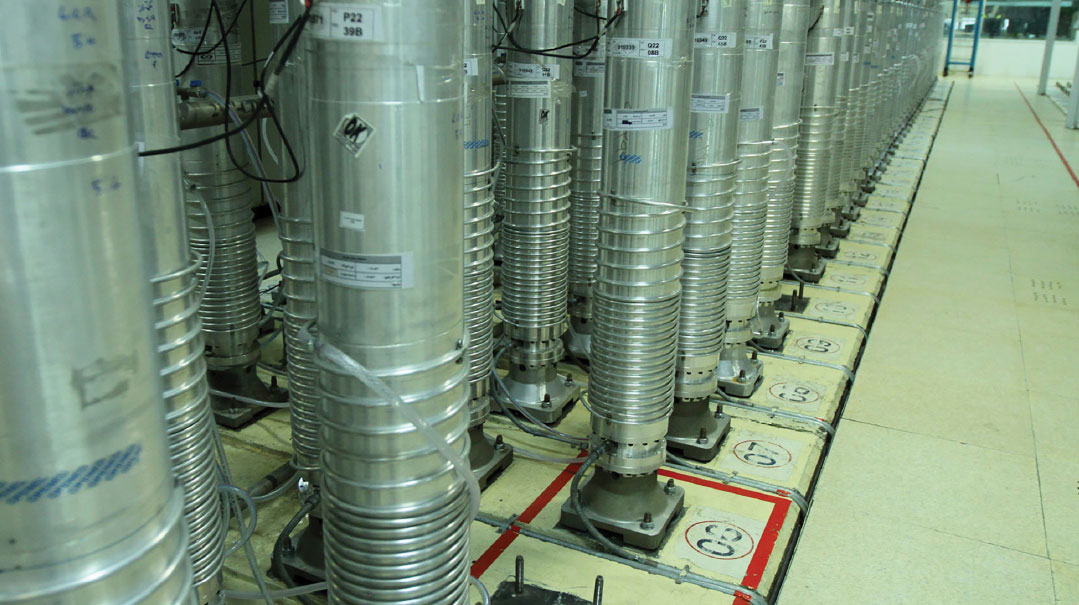Iran Speeds Down the Nuclear Highway

The critical question is identifying the point at which Iran can no longer endure its financial pain

T
here was alarming news out of Iran last week.
In a report to member states on Friday, the International Atomic Energy Agency expressed “serious concern” that, for over four months, Iran has denied access to the agency to two locations where Iran is suspected of carrying out nuclear work.
The United Nations agency suggested that those sites might have been used for storing or processing nuclear material, and that one location may have been used for converting uranium ore in 2003.
The IAEA also warned that Iran has stockpiled more than five times as much enriched uranium as permitted by the 2015 nuclear deal. Iran also surpassed the deal’s enrichment limit of 3.67%, with the highest level currently reaching 4.5%. A 90% enrichment level is necessary to build a nuclear bomb.
In other words, Iran is in total breach of the Joint Comprehensive Plan of Action and won’t allow inspectors into sensitive sites. But what does that mean? Are the Iranians using the chaos surrounding COVID-19 to push for a nuclear breakout?
According to Richard Goldberg, a senior advisor at the Foundation for Defense of Democracies, and the former director for countering Iranian weapons of mass destruction for the White House National Security Council, the answer is: not yet.
“The Iranians are on a path to reconstitute the level of enrichment and the amount of enriched material in their country they had before the JCPOA, to try to regain leverage ahead of any negotiation with the United States and other powers,” he told Mishpacha.
And they won’t be interested in talking until they achieve that threshold, he said. “They’ve declared their centrifuge cascades, what they’re going to do, and they’re making the material. They are declaring the amounts that they’re making very openly.”
But in Goldberg’s view, Iran isn’t yet racing to build a bomb. If they were, he said, they would be attempting to do so clandestinely. So what is Iran’s aim in publicly breaching limits and hiding nuclear activity?
“I think that they’re trying to create headlines,” he said. “They’re trying to create anxiety. They want to create political pressure on President Trump. I’m sure they would like nothing more than to see President Trump lose his reelection, so if they can create some sort of additional political [pressure] by producing headlines and allowing supporters to say that the [Iran] policy is not working, that’s certainly an objective.”
The critical question is identifying the point at which Iran can no longer endure its financial pain. The country has been hit hard by the coronavirus, was already suffering dearly from US sanctions, and is now suffering through historically low oil prices.
“They are absolutely draining all of their reserves to stay afloat at the moment,” Goldberg said. “They’re simply hoping that the nuclear escalation creates some sort of international crisis that puts pressure on President Trump to ease the sanctions,” he said.
A secondary goal is to prepare for the possibility that Trump will be reelected and the leadership will be forced back to the negotiating table. “And when they are forced to negotiate, they want to have maximum nuclear leverage in their hands,” Goldberg said.
(Originally featured in Mishpacha, Issue 815)
Oops! We could not locate your form.













